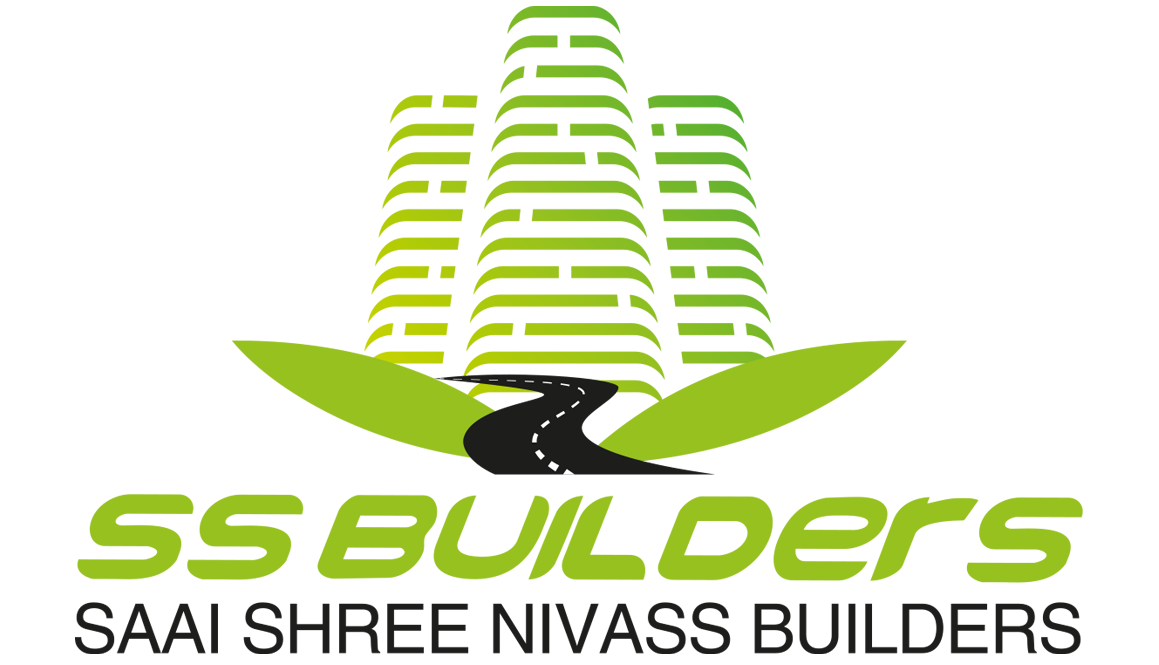What is Waterproofing? Types and Advantages
Introduction
Waterproofing is an essential aspect of modern building construction that ensures the longevity and structural integrity of a building. It involves the application of various techniques and materials to prevent the ingress of water and moisture into a structure. In this article, we will explore the different types of waterproofing methods, their advantages, and their applications in building construction.
Types of Waterproofing in Building Construction
- Integral Waterproofing: Integral waterproofing involves incorporating waterproofing agents directly into the concrete mix during the construction process. These additives enhance the concrete’s ability to resist water penetration. This method is particularly effective for basements, foundations, and water tanks.
- Bituminous Waterproofing: Bituminous coatings or membranes are widely used for waterproofing. These are made from bitumen, a petroleum-based material, and can be applied as hot or cold solutions. Bituminous waterproofing is suitable for roofs, terraces, and basements.
- Polyurethane Waterproofing: Polyurethane coatings form a seamless and flexible waterproofing layer. They are highly resistant to UV rays and can be used for various surfaces, including concrete, wood, and metal. Polyurethane waterproofing is ideal for roofs, decks, and balconies.
- Cementitious Waterproofing: Cementitious coatings are a mixture of cement, sand, and special additives. When applied, they form a rigid waterproof layer that adheres well to concrete surfaces. This method is commonly used for bathrooms, swimming pools, and water tanks.
- Liquid Membrane Waterproofing: Liquid membrane coatings are easy to apply and can be used on irregularly shaped surfaces. They create a continuous, elastic membrane that prevents water penetration. Liquid membrane waterproofing is suitable for roofs, terraces, and balconies.
Advantages of Waterproofing
- Prevents Structural Damage: Waterproofing protects the building’s structural elements from water-induced deterioration, such as cracks, rust, and weakening of the foundation.
- Mold and Mildew Prevention: Effective waterproofing helps prevent the growth of mold, mildew, and fungi, which can lead to health issues and a decrease in indoor air quality.
- Increased Lifespan: Waterproofing extends the lifespan of a building by safeguarding it against the harmful effects of water, moisture, and humidity.
- Energy Efficiency: Proper waterproofing can enhance energy efficiency by preventing water leakage that can lead to insulation degradation and higher energy consumption for climate control.
- Property Value: Buildings with a robust waterproofing system in place tend to have higher property values due to their enhanced durability and reduced maintenance needs.
Applications of Waterproofing
- Roofs and Terraces: The exposed nature of roofs makes them vulnerable to water damage. Waterproofing prevents leaks and extends the life of the roof structure.
- Basements: Basements are prone to water seepage and flooding. Effective waterproofing safeguards the foundation and interior spaces.
- Bathrooms and Wet Areas: Waterproofing in bathrooms and wet areas prevents water from seeping into walls and floors, avoiding structural damage and mold growth.
- Balconies and Decks: Constant exposure to weather conditions makes balconies and decks susceptible to water-related issues. Waterproofing maintains their aesthetics and structural integrity.
- Water Tanks and Pools: Waterproofing in water storage tanks and swimming pools prevents water leakage, ensuring hygiene and durability.
Conclusion
Waterproofing is a crucial investment in building construction that offers long-term benefits. By understanding the various waterproofing methods, their advantages, and where they can be applied, builders and property owners can ensure the durability and integrity of their structures for years to come. Effective waterproofing not only protects against water damage but also contributes to the overall quality and value of a building.

